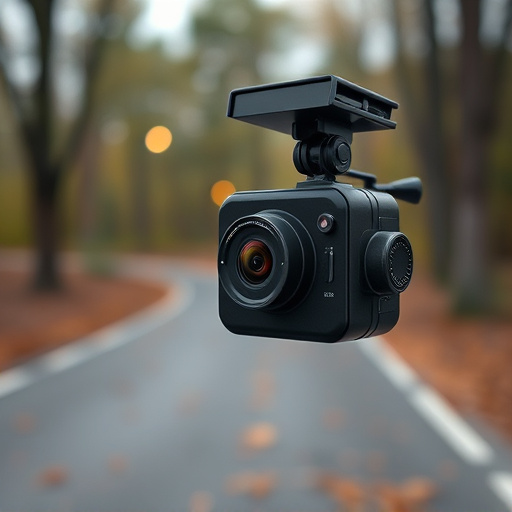A portable hidden camera with audio capabilities offers a discreet surveillance tool integrating seamlessly into everyday objects like pens or lapel pins, capturing high-definition video and crystal-clear audio without drawing attention. Ideal for home security, confidential meetings, legal investigations, personal safety, and business intelligence, these devices come with features like night vision, motion detection, and long battery life. However, their use carries significant legal and ethical implications, requiring explicit consent and strict protocols, especially in public spaces and workplaces.
Uncover the power of a portable hidden camera with audio recording capabilities—a versatile tool that offers both convenience and discretion. This compact device blends seamlessly into everyday environments, providing peace of mind for personal and professional surveillance needs. From enhancing home security to facilitating covert investigations, these cameras capture not just visuals but also critical audio details. Explore the features, benefits, and ethical implications to understand the versatility and importance of such advanced technology.
Understanding Portable Hidden Camera with Audio Recorders
A portable hidden camera with audio capabilities is a compact and versatile surveillance tool designed for discreet recording in various settings. These devices seamlessly blend into everyday objects like pens, keys, or even lapel pins, making them ideal for situations where a regular camera might be impractical or conspicuous. The ability to capture both visual and auditory elements provides a comprehensive record, ensuring no crucial details are missed.
This technology is especially useful in scenarios such as home security, confidential meetings, or legal investigations, where capturing audio evidence alongside video can significantly enhance the quality of the recorded information. The portability allows users to easily carry and deploy these devices without drawing attention, making them a popular choice for those seeking a covert recording solution.
Features and Benefits of Using These Devices
The portability of a hidden camera audio recorder is one of its most appealing features. These devices, often disguised as everyday items like pens or USB drives, offer an unparalleled level of discretion for surveillance and recording needs. Whether for personal safety, business intelligence, or creative projects, their small size ensures they can be easily transported and deployed without raising suspicion.
Beyond portability, these gadgets pack powerful capabilities. They typically feature high-definition video recording and crystal-clear audio capture, allowing users to document incidents with remarkable detail. Many models also include night vision technology, motion detection, and long battery life, making them versatile tools for various environments. For those seeking a discreet way to gather evidence or create covert content, a portable hidden camera with audio is an innovative solution that combines convenience and advanced functionality.
Legal Considerations and Ethical Use Cases
The use of a portable hidden camera with audio capabilities raises several legal and ethical considerations. In many jurisdictions, capturing video or audio without explicit consent is a violation of privacy laws. This is particularly sensitive when using such devices in public spaces or workplaces, as it can infringe on the rights of individuals to expect privacy. Ethical guidelines suggest that any use of hidden cameras should be done with full transparency and knowledge of those being recorded, except in exceptional cases where consent cannot be obtained, such as in law enforcement or security operations.
In scenarios where a portable hidden camera with audio is employed for surveillance or investigative purposes, it’s crucial to follow strict protocols. This includes obtaining legal authorization when required, ensuring the recordings are used only for specified legitimate reasons, and maintaining secure storage of the data captured. Ethical use cases might include fraud detection, workplace safety monitoring (with employee awareness), or environmental research, where the benefits to society outweigh the potential privacy concerns.
